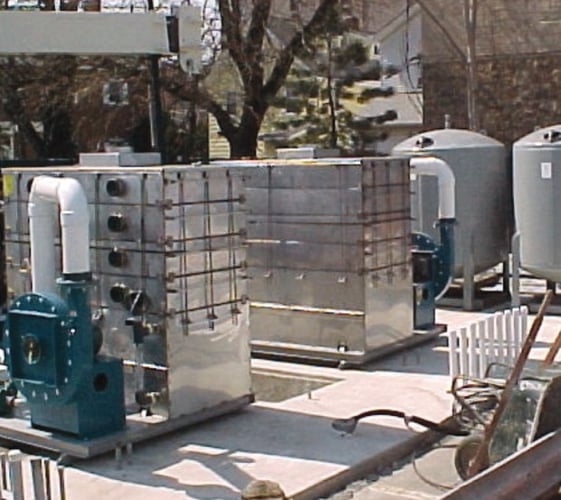
Operations, monitoring and maintenance (OM&M) of water and wastewater systems was initially viewed with some skepticism when it first gained traction over three decades ago. However, municipalities are now starting to recognize it’s value as a solution for delivering important public services.
Contract OM&M was first introduced in the early 1980’s in response to the 1972 Clean Water Act which forced all municipalities to comply with strict standards and operate more sophisticated wastewater facilities. Although the growth of private OM&M firms has brought on a broadened scope of services such as maintaining the collection systems, industrial pretreatment, managing biosolids, meter reading, and billing and collection among others, some members of the public sector are still averse to the idea of privatized OM&M services.
So what are the benefits of privatized OM&M?
We Can Adjust Our Schedule More Rapidly
When it comes to bringing on additional staff or adjusting to changing priorities, private firms have the ability to move much quicker. Procedure for downsizing in the public sector are often much slower. Plus, private firms can be hired for either short or long term contracts, depending on the size of the job.
- Is your project facing time constraints?
- Do you face shifting priorities?
- Does the plant have above average safety problems or lost-time accidents?
Privatizing or outsourcing can give local governments more flexibility when it comes to adjusting schedules. For example, private firms often have a greater amount of staff to allocate which is useful in cases such as seasonal peaks or when shifting priorities call for more specialized workers.
We Have Greater Staff to Allocate
A common myth is that under a public-private partnership, city employees are often relieved of their positions and replaced with private sector employees. However, in most cases, these employees are actually retained and given jobs alongside the private firm's own employees.
A high percentage of cities cite that labor issues are the biggest impediments to establishing public-private partnerships, illustrating the continued prevalence of this myth. In fact, privatization of OM&M services can actually be beneficial in the following circumstances:
- Is staff over-worked, but poorly utilized?
- Is staffing out of synch with work-load and shift requirements?
- Are there labor-management disputes?
- Is staff hard to acquire and keep?
While it is true that labor issues are one of the more complex aspects of public-private partnerships, plant staff will most often benefit from a switch to private OM&M.
We Can Adapt to Changes Much Faster
One of the more common issues faced by public sector operations is the inability to adapt to constant changes. When considering the option of privatizing OM&M services, municipalities should ask themselves the following questions:
- Do plant managers fail to provide training in a consistent, effective manner?
- Is staff inadequately prepared to deal with sophisticated equipment?
- Are there too many specialists and not enough generalists on staff?
For most local governments, wastewater services are not core competencies. Private contractors, on the other hand exist for this very reason - this is what our business is all about and, as such, we are are much more skilled at adapting to changes.
Working With Handex
Handex provides a comprehensive OM&M program designed to minimize downtime, reduce system operating costs and explore alternative approaches as needed to achieve system performance goals. We accomplish this by utilizing systems that include automated monitoring, a Preventative Maintenance Program to prolong equipment life and designs that feature critical safety devices.
Our experienced field staff, along with our engineering and consulting personnel, are available to assist with the design and construction of treatment and remedial systems.


